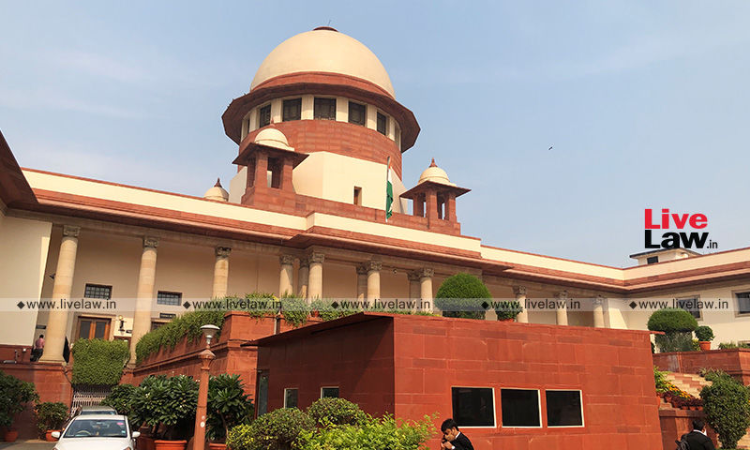Supreme Court Bench Delivers Split Verdict In Civil Appeal From Specific Performance Suit
Anurag Tiwary
15 Jan 2023 1:22 PM IST

Next Story
15 Jan 2023 1:22 PM IST
The Supreme Court bench comprising Justices MR Shah and BV Nagarathna delivered a split verdict in a civil appeal arising out of a suit seeking specific performance of an agreement of sale. Brief Facts leading to the Civil Appeal with its Judicial HistoryThe brief facts leading to the Civil Appeal are that the plaintiff and the defendants had entered into an agreement to sell dated...
